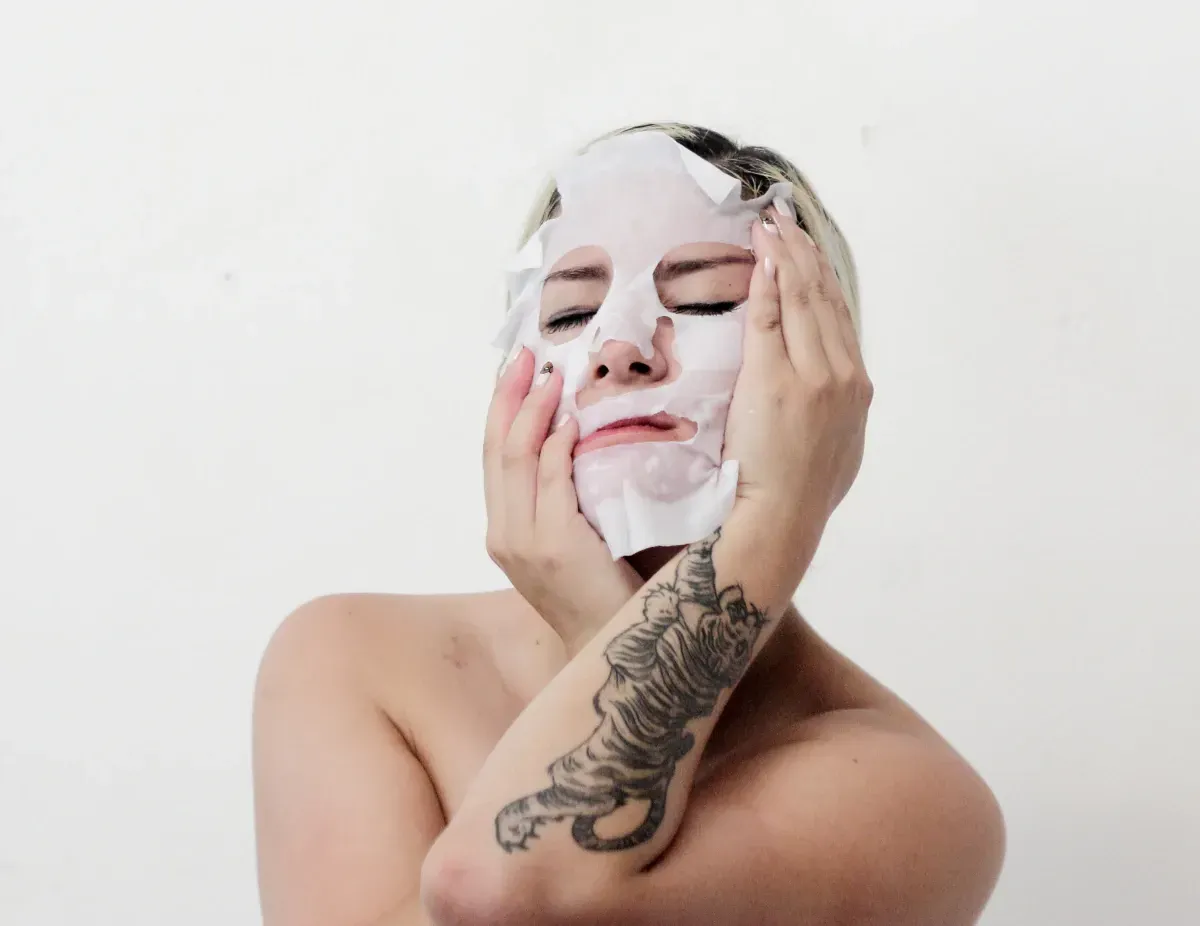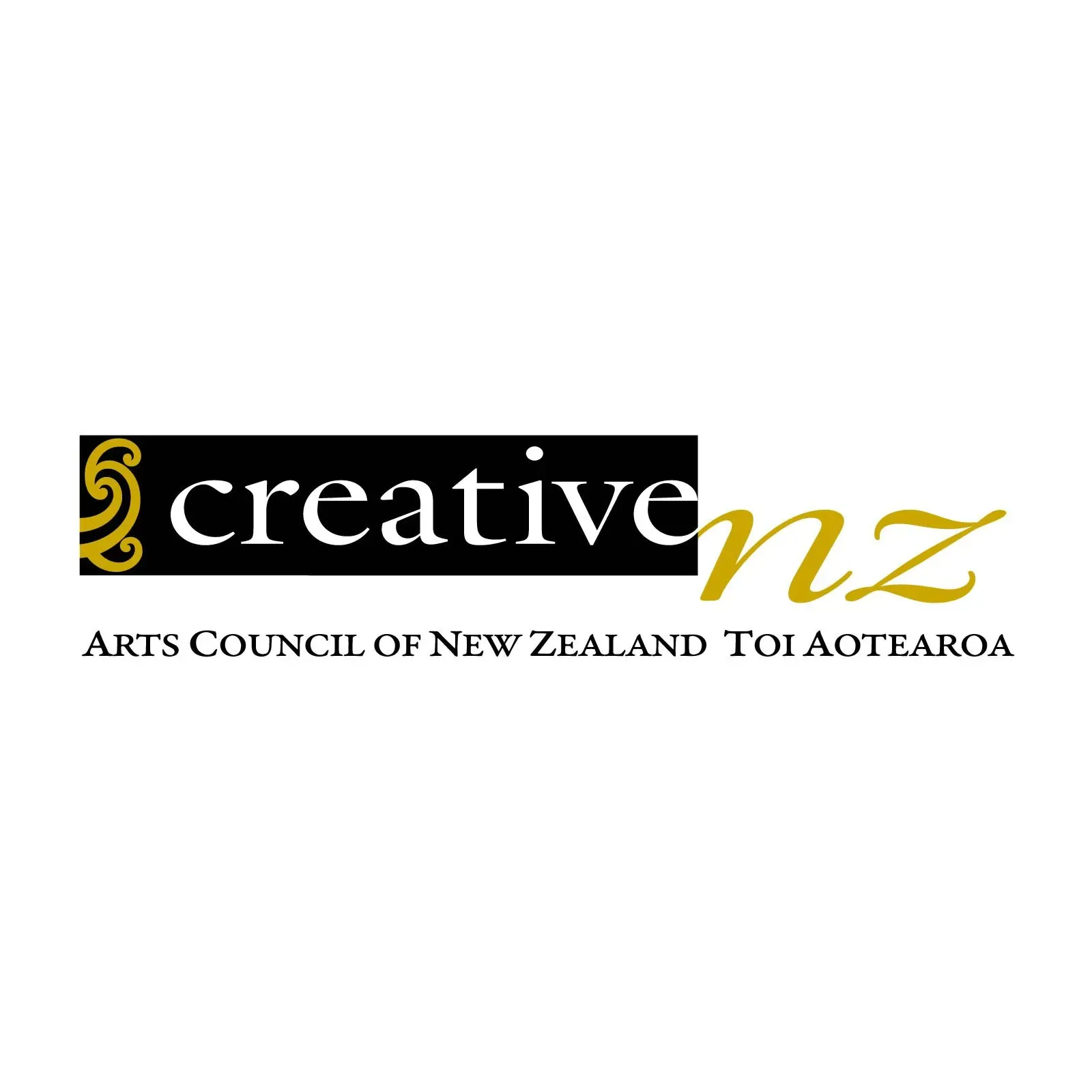Funding 101: How to write effective funding applications
Written by

Writing funding applications is not the most exciting element of being an artist, but to get your project off the ground, it’s a necessary one. We talk to funding body Creative New Zealand and grant recipient Alice Canton about what’s involved in putting together successful applications and how to manage that money well.
Creative New Zealand Communications Manager, Helen Isbister has found that it is the Quick Response Grant that receives the most applications. It is in place to help New Zealand artists, arts practitioners and arts organisations to create and distribute their work. Up to $7,500 is available at three times throughout the year, and she said typically one in four or five applications gets funded. The next closing date for the Quick Response Grant is 30 June 2017.
Alice Canton is an Auckland based theatre artist who has received two grants from Creative New Zealand. She was awarded the Quick Response Grant for $7450 in October 2015 to support the writing and development of a script for a solo show WHITE/OTHER investigating racial identity and the layers of prejudice and discrimination associated with race. The work draws on Alice Canton’s dual heritage as a New Zealand born Pakeha/Chinese woman living as both a cultural majority and minority. WHITE/OTHER premiered with a two week season at Basement Theatre in April 2016.
In March this year she was awarded an Arts Grant for $38,810 to support a community theatre project investigating the complexity of Chinese identity in contemporary New Zealand. Other [chinese] is a development from WHITE/OTHER and includes theatre workshops with up to 100 local voluntary performers and non-actors, from a range of experiences, supported by a group of high-quality arts practitioners. The intention is to have a public presentation at Q Theatre, Auckland in September 2017. See www.whitemess.co.nz for more information.
It took Alice about six weeks to complete her funding application, which included collecting the supporting documentation such as the letters of support, partnerships, and quotes for the budget. Coordinating the development of her theatre project WHITE/OTHER at the same time as pulling together her application made it a little difficult she said, because some of the creative decisions, including the availability of people and venues, depended on securing funding. Although time consuming, Alice found the process of committing to paper the detail and boundaries of her project really useful. She found the same for the required reporting process upon completion, “It is a really useful way to reflect on the project, think about how it went, and what could be improved next time. Both artistically and financially.”
To help her application process, Alice had access to strong models of successful applications through organisations she has worked with over the last 5-10 years. She also asked friends who had been successful in receiving Creative New Zealand funding to look over her application and provide advice around the detail and language, which she said was incredibly helpful. Alice acknowledges that this has put her at an advantage and that access to these resources is somewhat limited to who you know, and who is willing to share their knowledge. She has had a number of unsuccessful applications with Creative New Zealand, but has always found the staff open to meeting with her and talking through the reasons why she wasn’t successful. “They provide an incredible amount of resource support.”
Alice pointed out that for tax purposes, the grant money can be seen as income, which in this case, pushed her over the $65,000 threshold, so she will either become GST registered, or set up a limited liability company. She said her first grant from Creative New Zealand was spent on personnel, essentially making her an employer which has further tax implications that she had to work through. She recommended that project owners have an accountant or someone knowledgeable to talk to about receiving money, managing it well and understanding the tax responsibilities, “as it will only get more complicated, especially if you are looking to foster ongoing relationships with funding bodies like Creative New Zealand, or are looking to diversify and increase your revenue stream as a freelancer, as you will have to demonstrate a track record of success and an ability to manage your finances efficiently.”
Alice has also been awarded funds through other philanthropic trusts and organisations. Comparing the application process, she said they often want less detail about your project but more measurable data for tracking success. “It’s a solely artmaking process with Creative New Zealand. With other funding streams you have to remember you’re competing with sports teams and community projects and the like.”
We also spoke about crowdfunding as a popular source for generating funds for theatre projects, which Alice felt had become an abused channel. “Crowdfunding is an amazing engagement tool, but not if you’re only engaging about money. If you’re not engaging with the community, then it’s not meaningful. I think it’s an amazing tool to provide unique stakeholder experiences if used in the right way.”
Catherine Falstie-Jensen, Acting Manager for Creative New Zealand’s Arts Grants and Creative Communities Scheme, said that for the most part, grants are generally put towards personnel, hard costs like materials and venue, as well as stipends. Creative New Zealand website provides useful guidelines around suggested rates of pay for stipends.
Catherine says that applicants need to be very clear about what the money is going towards in their application, and that this is reviewed in the required Project Completion Report. She encourages recipients to contact a Creative New Zealand advisor if they anticipate deviations or delays from the orginal budget or plan. Creative New Zealand have a team of eight art form advisors, freely available to discuss forseeable challenges.
The team at Creative New Zealand have compiled their tips to consider when preparing funding applications:
- Talk to an arts adviser about your application, especially if you are new to Creative New Zealand or a fund/programme. They will ask questions about your project and give you advice on which opportunities are right for you. They will also help you understand programme/fund criteria and our funding priorities.
- Read all relevant documentation and advice before you start your application. There is information and guidelines on each funding opportunity on the Creative New Zealand website as well as text within the online application portal to help you answer each question.
- Consider if this is the right time for your application. Is your thinking and project advanced enough for you to make the best application you can?
- Start your application early. You can start your application online and save and work on it until you are ready to submit. You can also have more than one person working on the application.
- Keep your answers to questions clear and concise. You are not writing an essay, put your main points at the start of your answers rather than at the end as a conclusion.
- Start your budget early and make sure it adds up. Poor, rushed budgets are often a weak link in applications. Provide accurate information about all your costs and how you expect to meet them.
- Only include support material that is relevant to your current application. We would rather see fewer well selected items than irrelevant or lengthy material. If you are asking people to provide letters of support let them have your full application so they can comment on your specific project.
- Get someone with a ‘fresh eye’ to read your application and check your budget. If you are close to a project it’s easy to assume other people know as much as you do and it’s difficult to see errors. Get some help.
- If you are unsuccessful seek feedback on how you could have improved the application.
Creative New Zealand grants and funding, Alice Canton
